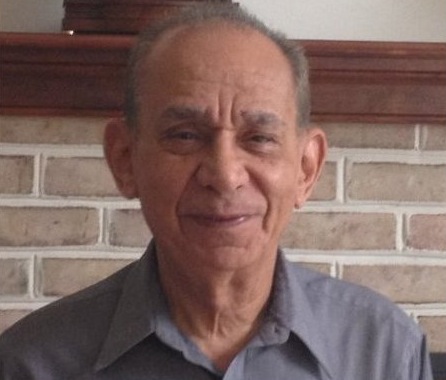A former principal vice president of the Bechtel Corporation was sentenced yesterday to three-and-a-half years in prison for accepting $5.2m to manipulate the bidding for electricity contracts in Egypt.
Asem Elgawhary (pictured), 73, of Potomac in Maryland, pleaded guilty last December to mail fraud, conspiracy to commit money laundering, and obstruction and interference with the administration of the tax laws. As well as the prison sentence, Elgawhary was ordered to forfeit the $5.2m.
Between 1996 and 2011, Elgawhary was the general manager at Power Generation Engineering and Services Company (PGESCo), a joint venture between Bechtel and Egypt’s state-owned electricity company. PGESCo had the job of identifying subcontractors, soliciting bids and awarding contracts to perform power projects. According to his plea agreement, Elgawhary admitted to accepting a total of $5.2m from three power companies to secure an unfair advantage in the bidding process.Â

The French power company Alstom, together with a Swiss subsidiary, pleaded guilty in December to violations of the Foreign Corrupt Practices Act in connection with a scheme to pay bribes to foreign officials, including Elgawhary, in various countries. It was fined $772m.Â
According to James Cole, deputy attorney general at the Department of Justice (DoJ), Alstom’s corruption scheme”was astounding in its breadth, its brazenness and its worldwide consequences”. Altogether, Alstom admitted paying more than $75m in bribes to secure $4bn in contracts, the DoJ said.Â
As Elgawhary admitted in his plea agreement, he attempted to conceal the kickback scheme by routing the payments through offshore bank accounts in Switzerland and elsewhere. He also sent “representation letters”to Bechtel executives and members of the PGESCo board stating that he had no knowledge or suspicion of any fraud at PGESCo.
Elgawhary, a dual US and Egyptian citizen, was arrested on a criminal complaint when he flew into the United States on 26 November 2013, and was indicted on 10 February last year.Â
The case was investigated by the FBI and US Internal Revenue Service, with help from their counterparts in Switzerland, Germany, Italy, Saudi Arabia and Cyprus.






